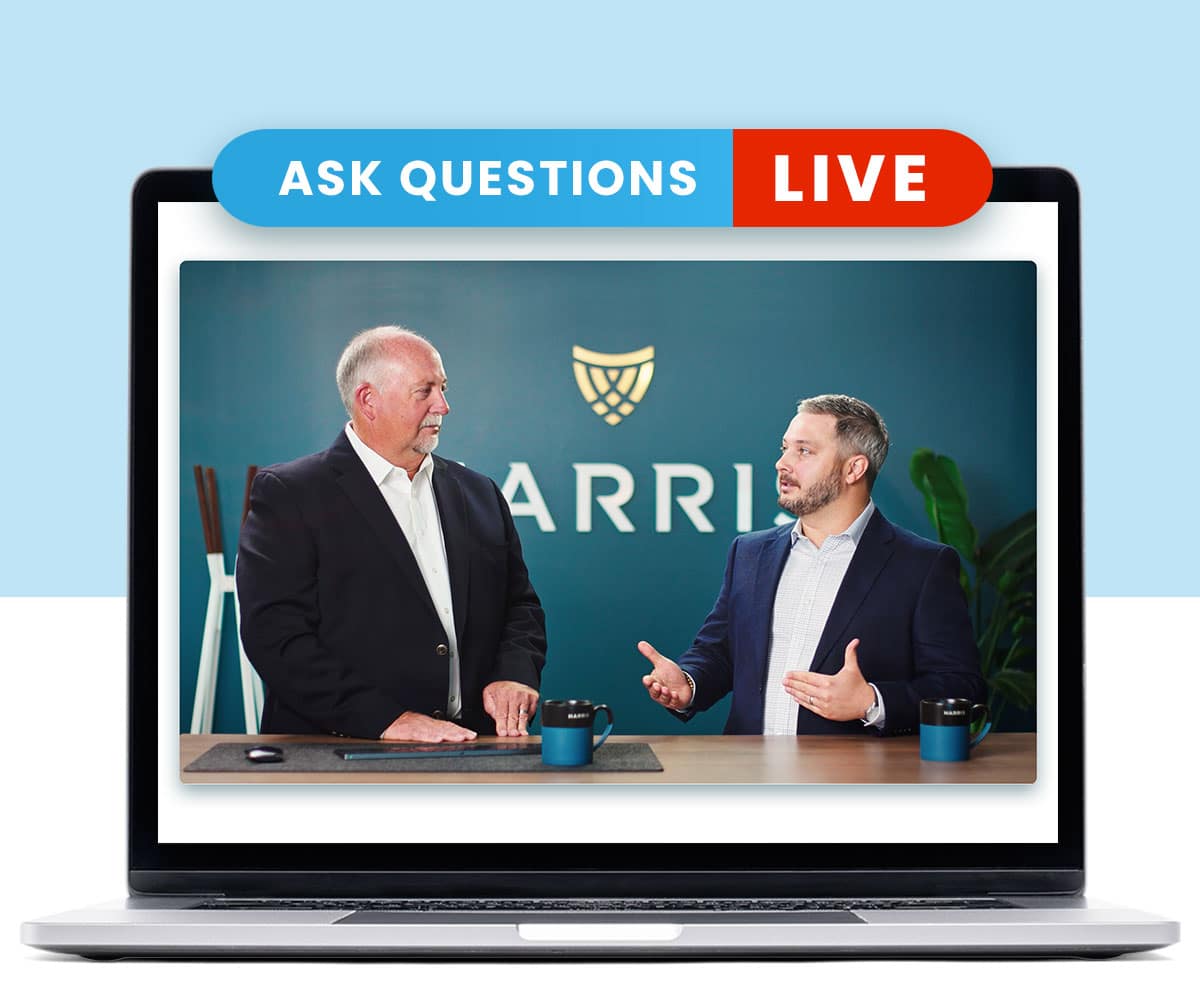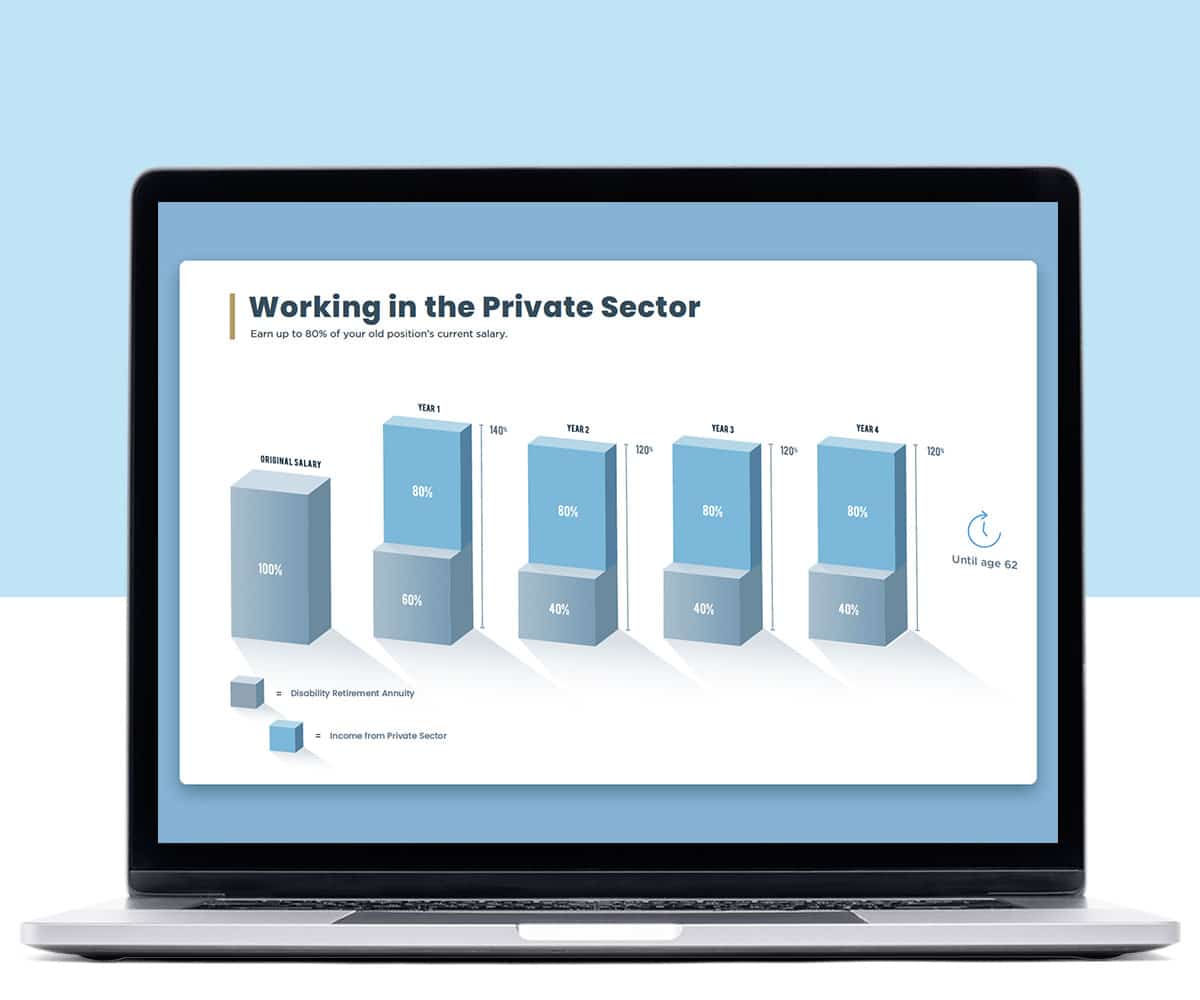If you are a special provisions employee, there are some important things that you need to know about FERS special provisions retirement. In this article, we will discuss the requirements for special provisions retirement and the benefits that come along with being special provisions. We will also cover how special provisions employees can benefit from Federal Disability Retirement!
What is Special Provisions?
As a federal employee, you can be under a regular retirement plan or a special provisions retirement plan. Unsurprisingly, special provisions positions have a few “special” differences.
FERS Special provisions positions typically put the employees at a greater risk throughout their employment both mentally and physically.
Because of this, special provisions employees get special treatment of their retirement date and the amount the government is contributing to their retirement annuity.
Most Law Enforcement Officers, Federal Firefighters, Air Traffic Controllers, and Military Reserve Technicians are considered special provisions. You can check if you’re a special provision employee on your SF 50.
How Does It Differ?
Special provisions positions differ in three main ways:
1. Age and Service Requirements
In special provisions positions you can retire at 50 years old with 20 years of special provisions service or any age with 25 years of service. These years cannot be military time or regular FERS time, they must be special provisions years.
2. Retirement Calculation
Special provisions retirement is calculated at 1.7% of your high 3 salary per year of service for the first 20 years instead of 1% like in regular FERS retirement. This is a significant increase from a regular position and can mean a lot more money in retirement.
3. Mandatory Retirement Age
Special provisions employees are required to retire at 56 or 57 with at least 20 years of service under special provisions. Mandatory retirement ages are posed on special provisions positions because they require higher levels of mental or physical skill and the government wants to prevent reduced effectiveness with increased age.
*Important Note
There is a new law, the First Responder Fair RETIRE Act (H.R. 521), that allows injured special provisions employees to return to service in a non-special position and maintain their special provisions retirement.
Calculating Retirement for Special Provisions Employees
Regular FERS employees receive 1% of their high 3 average for each year of service at retirement and 1.1% if they have over 20 years of service. But special provisions employees receive significantly more due to the hazardous nature of their jobs.
At retirement, special provisions employees will receive 1.7% of their high 3 average for the first 20 years of special provision service. For any years beyond 20 they will receive 1% of their high 3 average.
Example Federal Employee 1:
Let’s say you are a Law Enforcement Officer with 20 years of creditable service and a high 3 average of $100,000. In order to calculate your FERS Special Provisions retirement you would multiply your high 3 and your years of service by 1.7%.
With these calculations, you would receive $34,000 annually in retirement, or around $2,833 monthly.
Example Federal Employee 2:
Now let’s look at an example with more than 20 years of service.
If you are an Air Traffic Controller with 23 years of creditable service and a high 3 average of $120,000, you multiply your first 20 years of service by 1.7% and any remaining years of service (in this case it would be 3) by 1%.
With these calculations, you would receive a total of $44,400 annually in retirement, or around $3,700 a month.
Should Special Provisions Employees Consider Federal Disability Retirement?
Federal Disability Retirement is a retirement benefit built into your FERS package for employees who have a disability that is preventing them from fully performing their job.
Most special provisions employees are subject to fit for duty exams to measure their physical or mental capability to perform their job. If you fail these exams, it can be supporting evidence that you are medically unable to perform your job.
Additionally, special provisions employees have strict medication allowances that could prevent you from performing an essential function of your position due to a necessary medication.
If you are a special provisions employee who is struggling with a disability and it’s impacting your job, you may qualify for Federal Disability Retirement.
On Federal Disability Retirement, you will continue to gain creditable years of service until age 62 even if you have a mandatory retirement age at 57 (if you are approved before your minimum retirement age). This can make a big difference in your regular retirement annuity calculation as you would receive those additional creditable years of service.
*Important note
Military Reserve Technicians can be eligible for a special disability retirement in the event they are not found disabled under OPM’s rules. In order to receive the special disability retirement, the dual status employee must waive their rights to an appeal at OPM and be denied at the initial level. The special disability retirement is very similar to standard disability retirement through OPM, but the rules around working in the private sector are much more stringent, and the employee can be required to return to Federal service in the event they are found recovered. This waiver is optional, and the employee is not required to sign it if they wish to appeal through the OPM.
To learn more, schedule a FREE consultation with our firm. We have helped over 8,000 federal employees apply for this benefit, and we want to help secure your future too.



